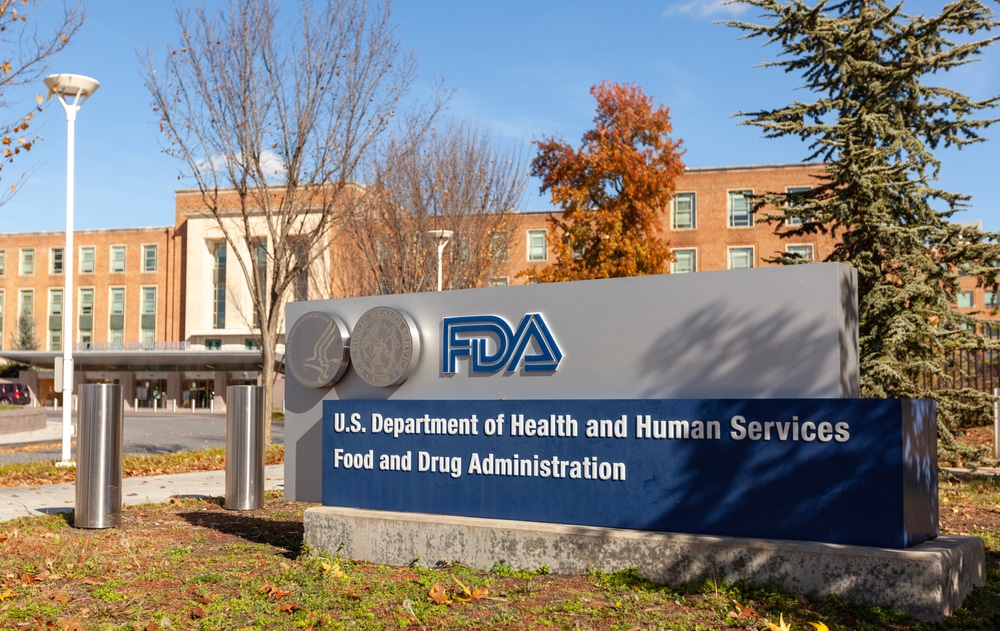Ocelot Bio, Inc., a clinical-stage biopharmaceutical company, has announced that the U.S. Food and Drug Administration (FDA) has granted Orphan Drug Designation to its lead candidate OCE-205 for the treatment of hepatorenal syndrome.
Ocelot Bio is currently enrolling patients in a phase 2 clinical trial of OCE-205 in hepatorenal syndrome with acute kidney injury (HRS-AKI), a serious and rapidly progressive consequence of ESLD that leads to acute renal failure and is associated with high rates of morbidity. There has been a lack of therapeutic drug innovation for HRS-AKI and, currently, there are no FDA-approved treatments for the disease.
Receiving Orphan Drug Designation for OCE-205 underscores the urgent unmet medical need for patients with hepatorenal syndrome,” said Katherine Vega Stultz, president and chief executive officer at Ocelot Bio.
“We are actively engaged with leading medical centers to advance our phase 2 clinical study, and our team is working towards better understanding patient outcomes to continue to progress with urgency our development program for OCE-205.”
The FDA grants Orphan Drug Designation to drugs and biologics intended for the treatment, diagnosis or prevention of rare diseases or conditions affecting fewer than 200,000 people in the U.S. Orphan Drug Designation provides Ocelot Bio certain benefits, including financial incentives to support clinical development and the potential for up to seven years of market exclusivity for the drug for the designated orphan indication in the U.S. if the drug is ultimately approved for its designated indication.
About OCE-205
OCE-205 is a peptide therapeutic with a differentiated mechanism of action (MOA) designed to selectively target serious hemodynamic complications that are the result of liver fibrosis and portal hypertension in ESLD.
The first indication being explored for OCE-205 is HRS-AKI. OCE-205’s innovation emanates from its design as mixed agonist-antagonist peptide selective for the vasopressin 1a (V1a) receptor with no vasopressin 2 (V2) receptor activity at therapeutic concentrations.
By virtue of its mixed V1a agonist/antagonist activity, OCE-205 treatment is designed to improve systemic hemodynamics of patients while offering a capped maximal efficacy to avoid excessive vasoconstriction that can be seen with full agonists and which can lead to ischemic events. By eliminating V2 activity, OCE-205 treatment is designed to potentially avoid the fluid retention and overload. By virtue of its submaximal agonism and selectivity, OCE-205 harnesses a proven MOA for the treatment of HRS-AKI while addressing the limitations of existing agents.
It is estimated that HRS-AKI impacts approximately 50,000 individuals in the U.S. per year and is currently associated with a mortality rate of more than 50% at 90 days following diagnosis.
In phase 1 clinical evaluation of OCE-205, healthy subjects demonstrated predicted vasoconstriction activity in a dose-response manner along with the anticipated changes in mean arterial pressure as well as a promising safety profile. Ocelot Bio is continuing to enroll patients in the phase 2 clinical trial.
The trial is a multi-center, randomized, placebo-controlled, double-blind, adaptive dose-ranging study that aims to assess the safety and efficacy of OCE-205 in adults diagnosed with cirrhosis with ascites who have developed HRS-AKI.





